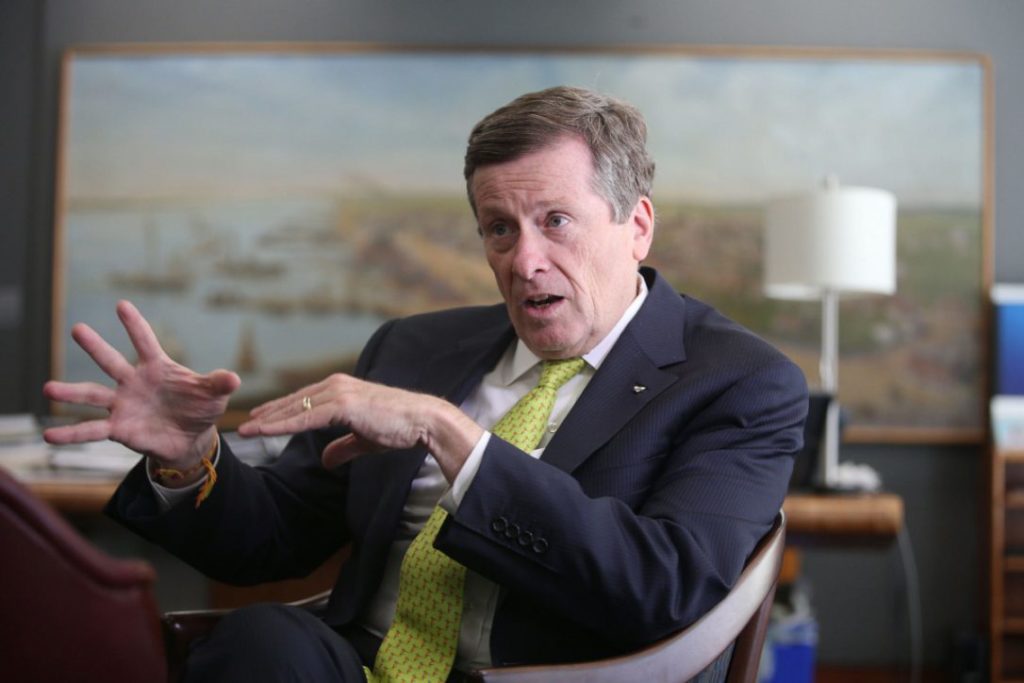Ontario’s biggest weed dealer is considering a retail price of around $10 a gram in a system that could bring a tax windfall of more than $100 million a year. That $10 fee — estimated after New Brunswick signed deals with two suppliers last week — is on the radar as officials here determine a price for recreational marijuana when it becomes legal next July 1, says Finance Minister Charles Sousa. “It’s certainly something we’re giving consideration to,” Sousa told reporters Wednesday.
“We’re trying to work with all of our colleagues across Canada,” Sousa said, noting federal and provincial finance ministers will meet later this year on pricing and taxation levels. “The intent is to have some uniformity with these prices across Canada.” It’s crucial to have prices in line with neighbouring jurisdictions and to “ensure it’s not overly expensive” to avoid fuelling illegal sales in the underground economy, Sousa added.
Critics have warned the government monopoly on pot sales will not kill the black market.
Sousa would not speculate on how much the sale of recreational cannabis could bring to provincial coffers.
That’s because the cost of a new LCBO-run system of standalone pot stores, public education about the impacts of marijuana, and the costs of enforcement and policing will have to be factored in.
But Sousa conceded gross revenues of more than $100 million annually are possible given that Ontario will have a larger customer base than many U.S. states with legalized marijuana.
“It’s not a ridiculous number to consider because, as you’ve seen in other parts of North America, the numbers have actually been even higher.”
Eight U.S. states, including California, Colorado and Washington, have legalized marijuana.
CNN has reported that Colorado, for example, has brought in $506 million in taxes and fees since retail sales began in 2014, with $200 million last year alone.
The finance minister suggested sales will be brisk when the government’s shops and website begin filling orders for cannabis next summer.
“Demand across Canada is actually pretty high…you can see it by the number of shops that already are there illegally.”
The government has signalled those illegal shops will be shut down as the government opens 40 of its stores next July, rising to 150 within two years. The LCBO will get its cannabis products from medical marijuana producers licenced by Health Canada.Ontarians will have to be 19 to purchase cannabis — the same age of majority as with alcohol — and can only consume it legally at home.
The government says it chose the LCBO to run the pot distribution system because it already has staff trained to refuse underage drinkers and has a tightly controlled distribution channel.
Earlier this week, Premier Kathleen Wynne and Transportation Minister Steven Del Duca announced tougher penalties for driving under the influence of marijuana.
There will be a “zero tolerance” policy toward young drivers 21 and under, novice drivers and truckers caught behind the wheel under the influence of cannabis or alcohol.
There will be three-day suspensions and $250 fines for young drivers and all G1, G2, M1 and M2 licence holders convicted of a first offence.
A second conviction comes with week-long suspensions and fines of $350, which rise to 30-day suspensions and $450 fines for subsequent convictions.
Commercial drivers will face three-day suspensions any time they are caught and fined up to $450.
The penalties are in addition to Criminal Code charges for impaired driving, which can include loss of licences, fines and jail sentences.
Cannabis impairment tests that measure THC levels in saliva are awaiting approval from the federal government, although their effectiveness in cold weather has been questioned. Most U.S. jurisdictions use blood tests.



